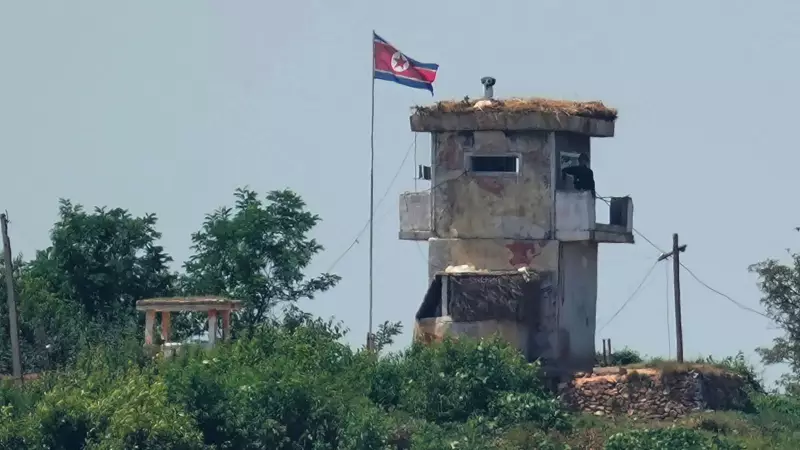
In a bold and dramatic escape that reads like a scene from a thriller, a North Korean soldier has managed to cross the heavily fortified Demilitarized Zone (DMZ) to defect to South Korea. The incident, which occurred recently, represents one of the most daring border crossings in recent memory.
High-Risk Escape Through World's Most Dangerous Border
The soldier's successful defection across the 248-kilometer-long DMZ is particularly remarkable given the extreme security measures in place. The border between the two Koreas is often described as the most heavily guarded frontier in the world, littered with:
- Over a million landmines
- Electric fences and surveillance systems
- Heavily armed patrols on both sides
- Constant military vigilance
This makes any attempted crossing an extremely perilous undertaking that few have successfully accomplished in recent years.
Rare Success in Defection Attempts
While North Korean defections have occurred through various routes over the years, successful crossings directly through the DMZ have become increasingly rare. Most defectors today attempt to escape via third countries or by sea, making this land crossing particularly significant.
The South Korean military confirmed the incident, stating that their surveillance systems detected the soldier making the crossing. Standard protocols were immediately activated, and the defector was taken into custody for questioning and investigation.
Historical Context of Korean Defections
This incident marks the latest in a series of defections that have occurred since the Korean War ended with an armistice in 1953. The DMZ has witnessed several dramatic escapes over the decades, though the frequency has decreased as border security has intensified on both sides.
Defectors typically undergo extensive debriefing and investigation by South Korean authorities to verify their identities and ensure they pose no security threat. They then enter a rehabilitation program designed to help them adapt to life in the capitalist South.
Geopolitical Implications
The successful defection comes at a time of ongoing tensions on the Korean peninsula. While not unprecedented, such incidents often strain the already fragile relations between the two Koreas, which technically remain at war since no peace treaty was ever signed.
Military experts note that each successful defection provides valuable intelligence about conditions within North Korea and the state of its military forces. The motivations behind such dangerous escapes often include political disillusionment, economic hardship, or personal circumstances.
As investigations continue, this dramatic crossing serves as a stark reminder of the ongoing human drama playing out along one of the world's most dangerous borders.





